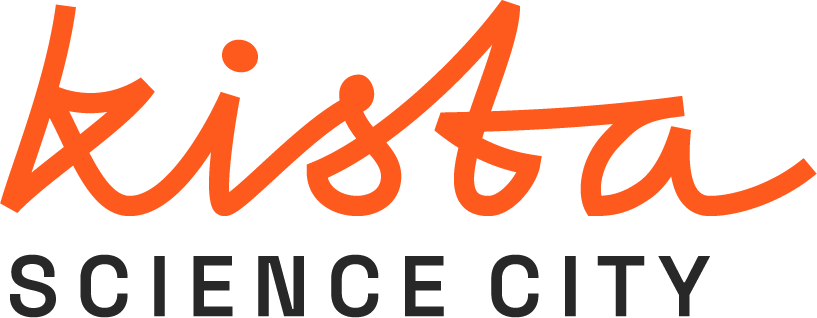The lineup is set! Kista Science City is backing ten cutting-edge Swedish scaleups as they take their next step toward international expansion. Through Access UK, a tailored programme to fast-track UK market entry, these companies will gain the insights, connections, and strategic support needed to scale. In June, they will head to London for three days of high-level meetings with potential customers, investors, and industry experts.
Meet the companies
The selected scaleups bring transformative solutions to a range of industries, from sustainable materials and mobility to IoT and deep tech. Each company has been chosen for its potential to thrive in the UK market and make a lasting impact in its sector.
We welcome:
- Clean Motion: Ultra-light electric vehicles designed for minimal energy consumption in urban transport.
- MyVox: MEMS technology transforming how sound and active cooling are integrated in compact electronics.
- TeraSi: Advanced semiconductor components enabling faster, more stable wireless communication.
- Flic: Wireless buttons simplifying IoT automation and smart home control.
- Proptivity: Future-proofed indoor connectivity solutions with high-performance 5G networks.
- Cemvision: Climate-neutral cement solutions revolutionizing the construction industry.
- Relox Robotics: Autonomous robots optimizing golf ball collection for efficiency and precision.
- Greeniron: Fossil-free metal recycling, reducing emissions in the steel sector.
- Brinja: IoT-driven safety solutions enhancing real-time monitoring on construction sites.
- Univrses: AI-powered computer vision for real-time urban traffic data and smart city development.
For Nicolas Bec, Chief Commercial Officer at Cemvision, Access UK presents an important opportunity to deepen market understanding and build new relationships:
“The UK is a priority market for us, and we took our first step earlier this year through a partnership with EQT Exeter. We see great potential for continued growth, driven by a strong market and new regulations that promote sustainable cement solutions like ours. Access UK will be an important opportunity to deepen our understanding of market conditions and regulations while building valuable relationships for the future,” says Bec.
Access UK: Tailored market entry
Expanding into a new market comes with challenges—from navigating regulations to building the right partnerships. Access UK is designed to support companies at different stages of their international journey: it helps those preparing for expansion take their first step into the UK, while accelerating the growth of businesses already establishing themselves in the market.
The programme consists of two phases: a preparation programme in Sweden followed by the in-market visit to London. This approach ensures participating scaleups gain both strategic insights and hands-on experience, making their market entry more effective.
Throughout the programme, they will receive:
- Exclusive meetings with key customers, partners and/or investors.
- Practical insights into navigating the UK business landscape.
- Workshops to refine communication and market positioning.
“It can take a long time for deep tech companies to enter new markets, and our mission is to shorten that process,” says Arash Sangari, Program Manager at Kista Science City. In an interview with Impact Loop, he discussed the challenges scaleups face and the need for smarter market entry strategies: “We simplify access to key contacts and help companies get what they need. Many deep tech startups struggle to even explain what they do, so there’s great value in sharpening their communication and making the right connections. Three days in this environment can save companies six months of mistakes.”
Access UK is designed for fast-scaling deep tech, hardware, and B2B businesses that have already prepared for UK expansion. Through tailored support, the programme ensures companies to maximize their market entry efforts. The selected companies range in size from 8 to 60 employees and are part of Kista Science City’s community—though not necessarily based in Kista.
Access UK is run by Kista Science City in partnership with the Swedish Chamber of Commerce for the UK and Department for Business and Trade at the British Embassy in Stockholm.
Next Stop: Germany
While Access UK kicks off in June, another opportunity is now open for Swedish scaleups looking to expand into one of Europe’s largest economies. Access Germany—scheduled for October 2025—offers a similar tailored programme, providing selected deep tech and hardware companies from the Stockholm region with market insights, key industry connections, and strategic support to establish a foothold in Germany.
Companies interested in Access Germany can apply now!
The Access UK and Access Germany programmes are funded by the Region of Stockholm and the European Union.

